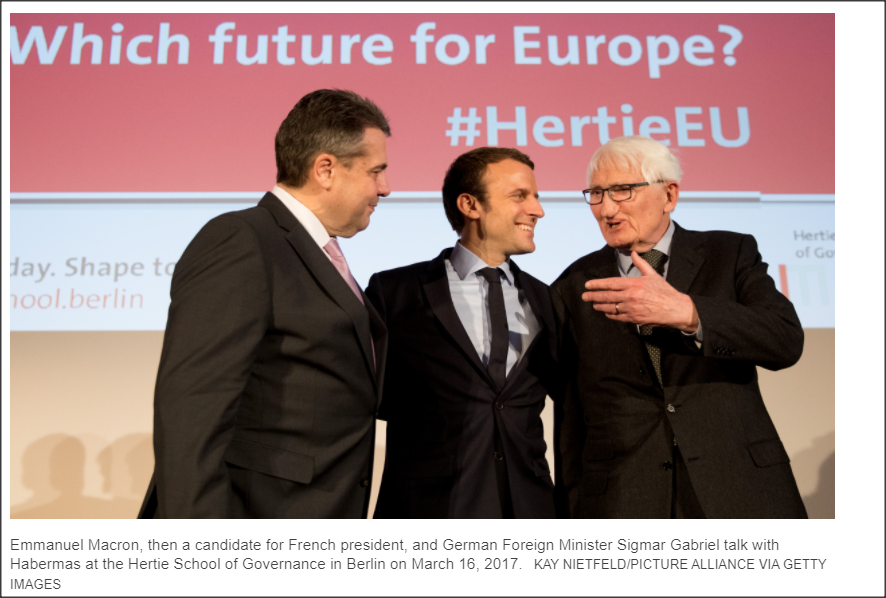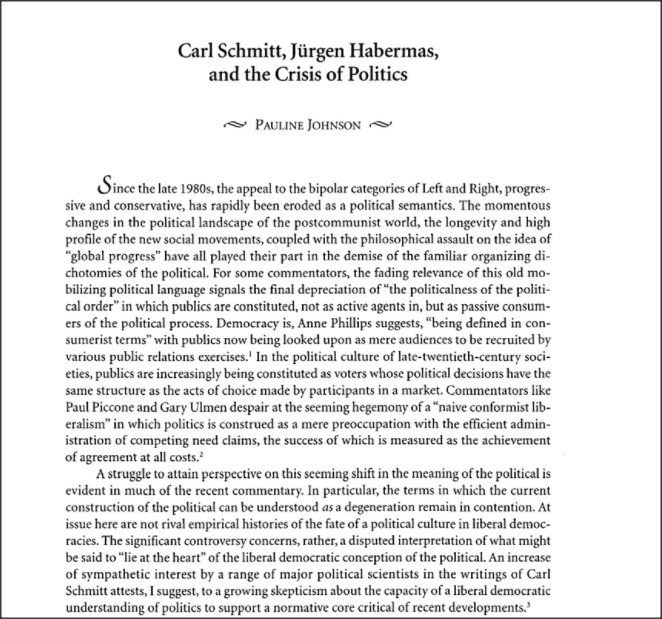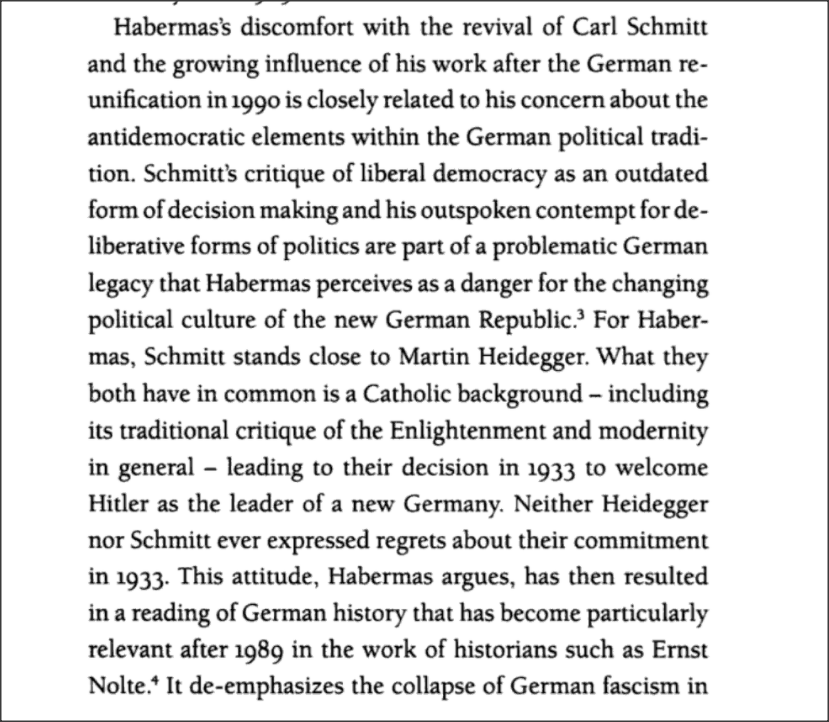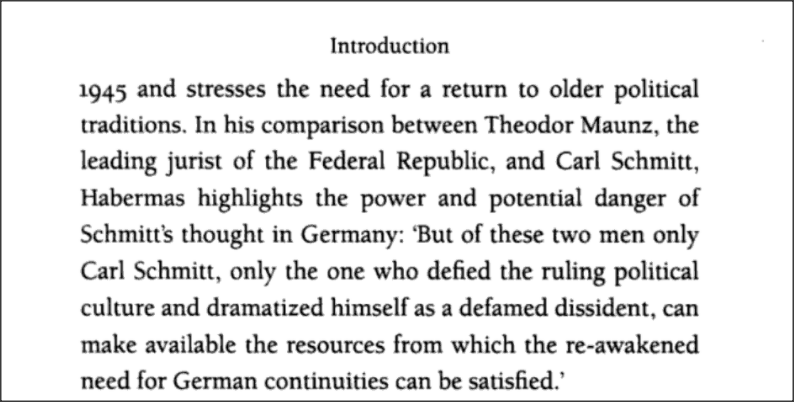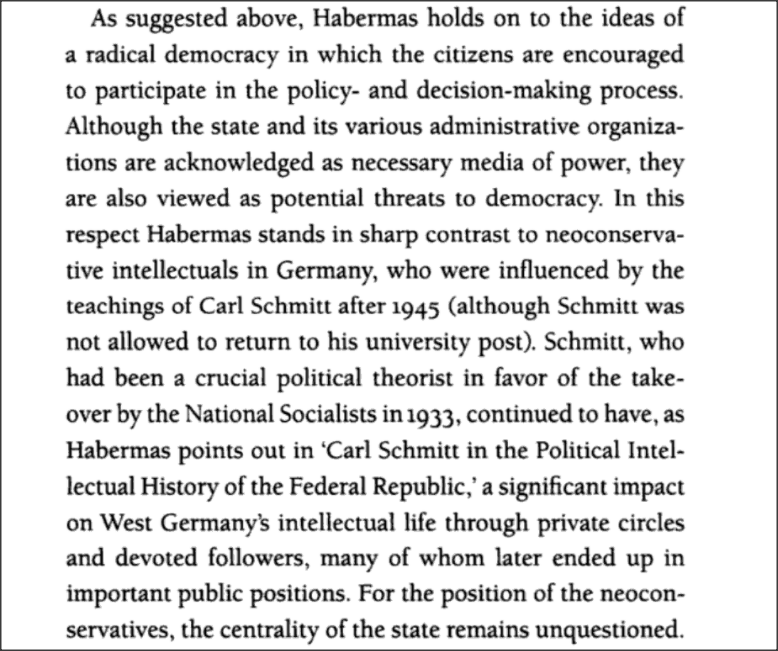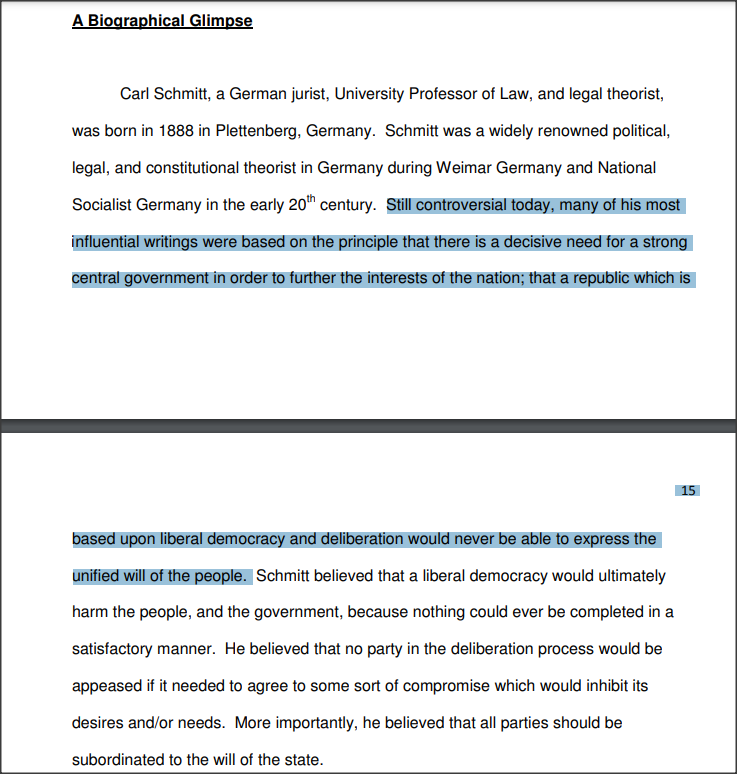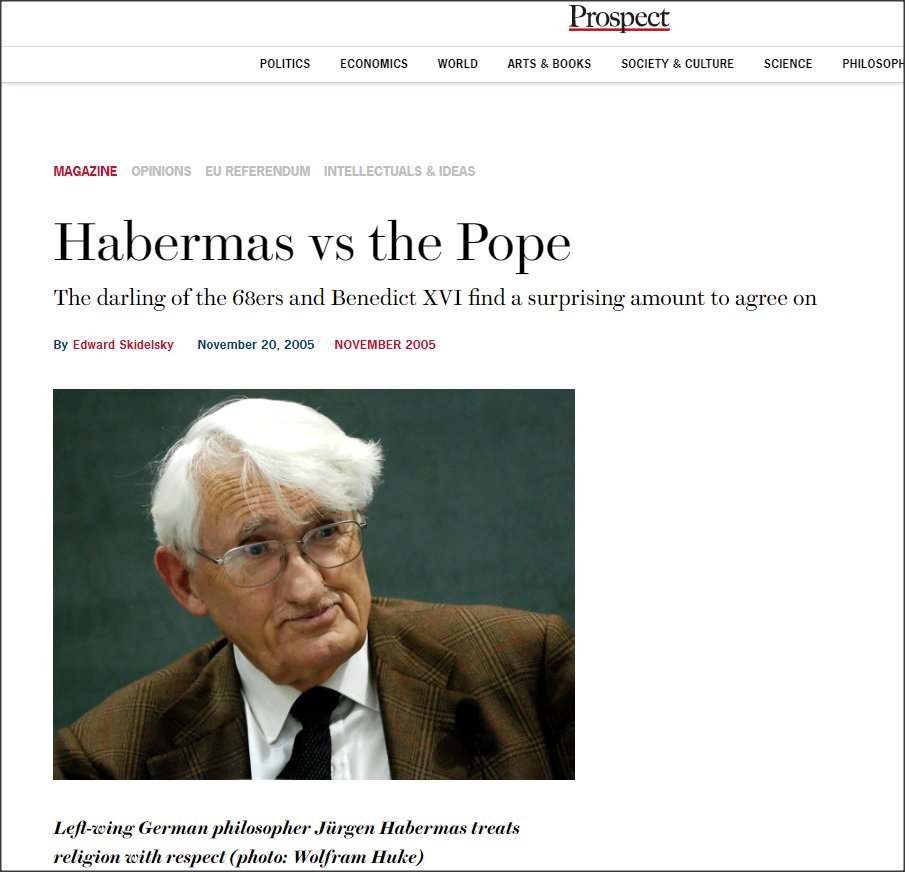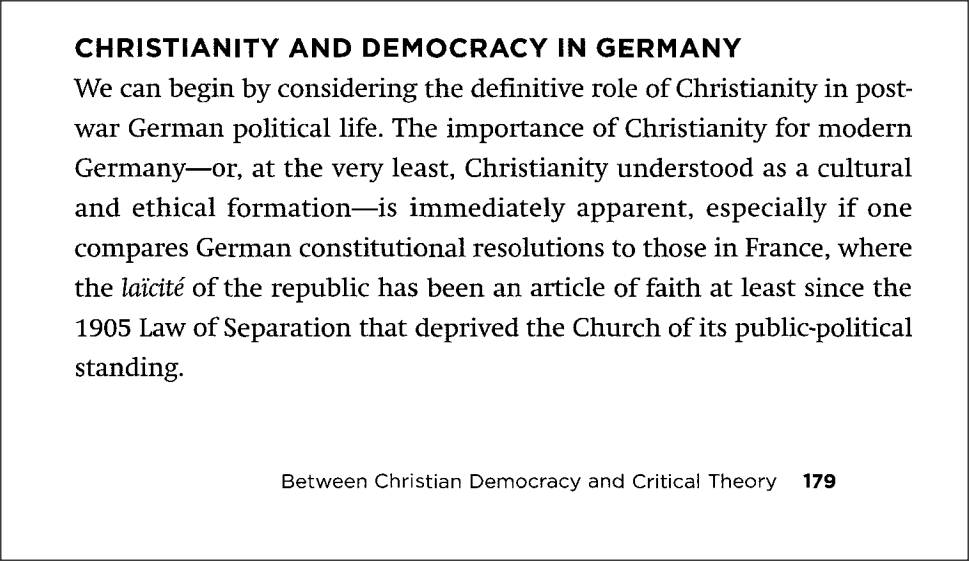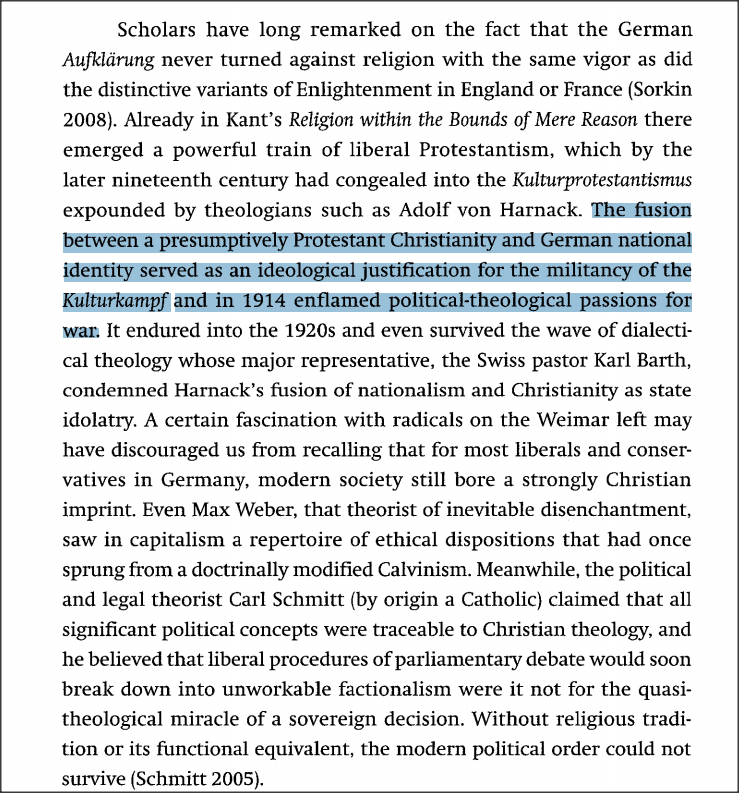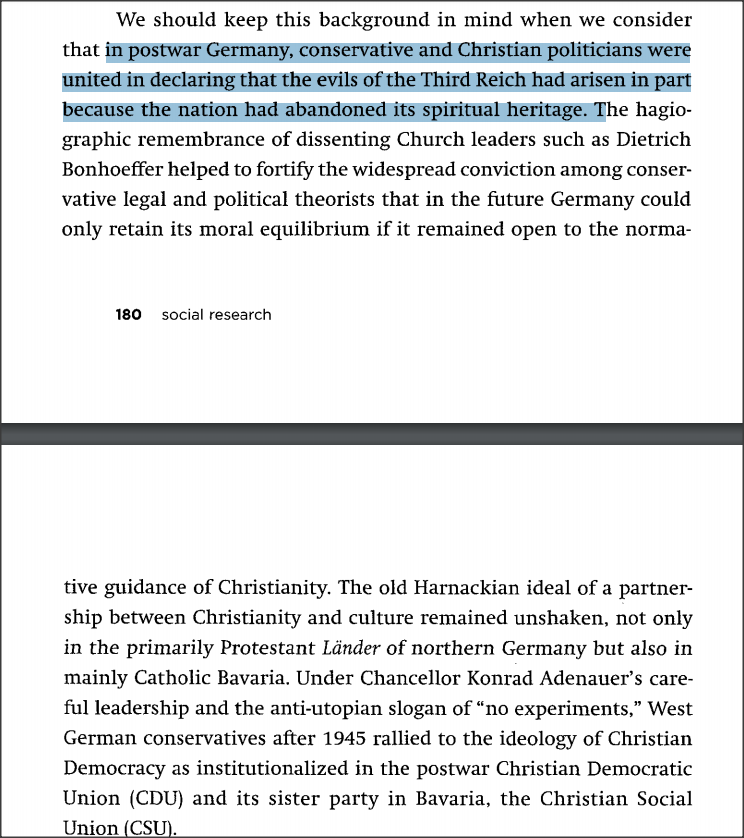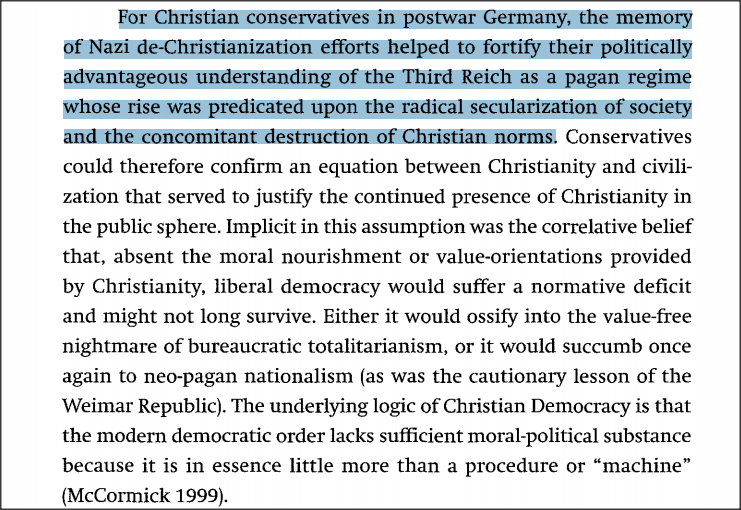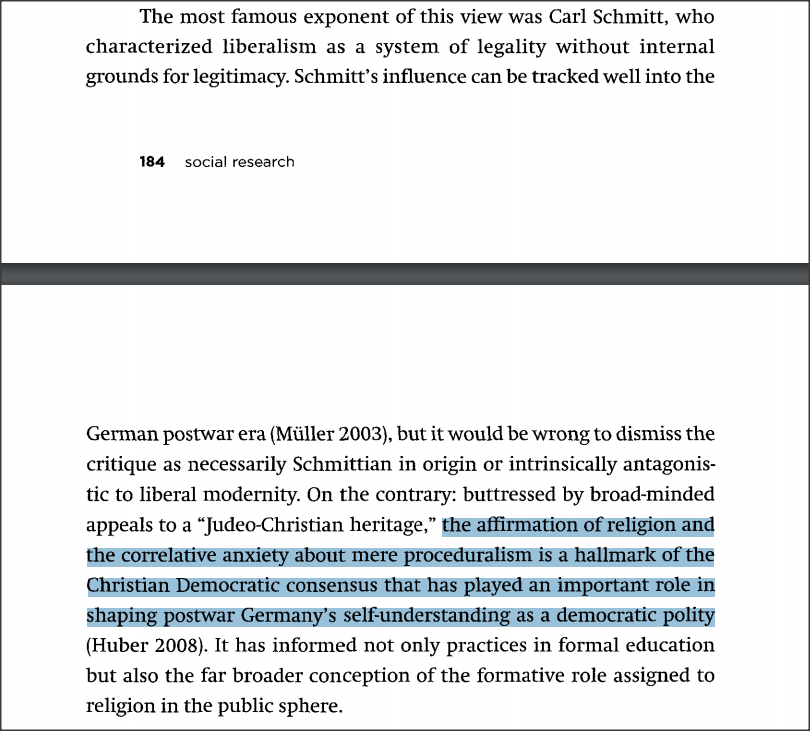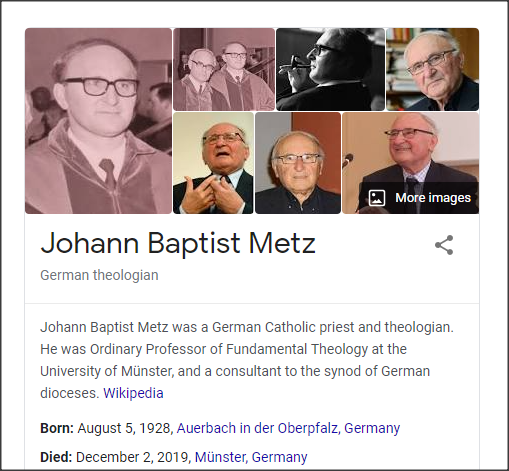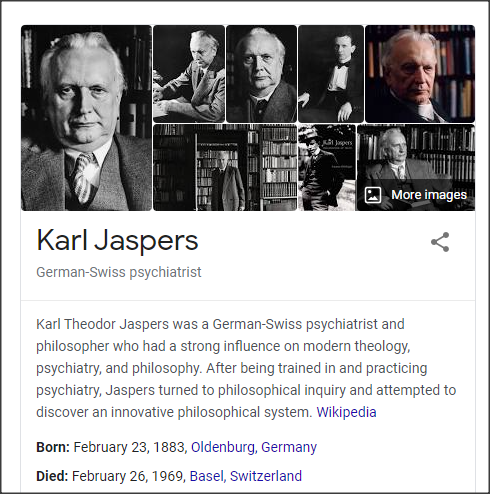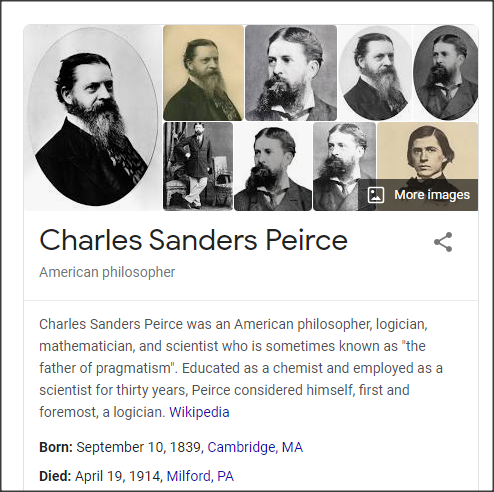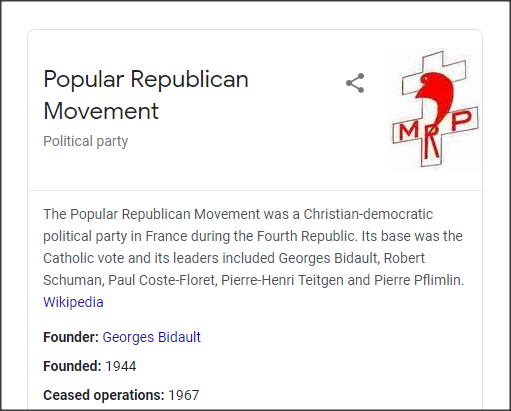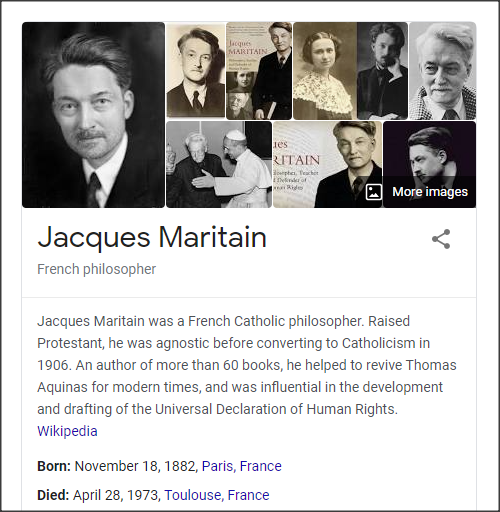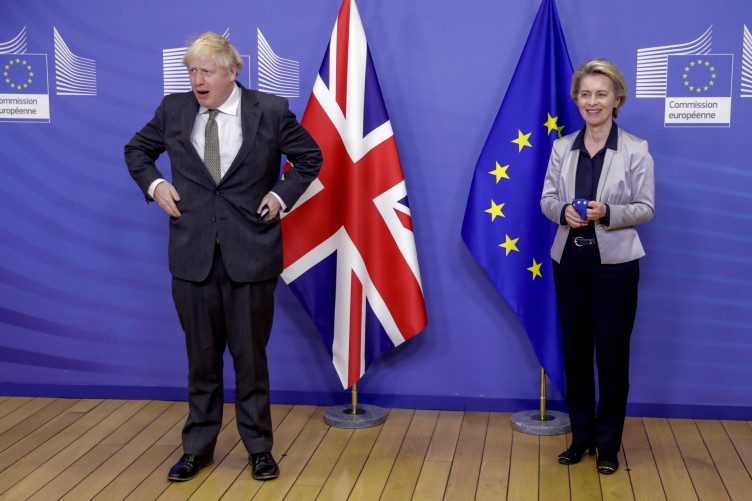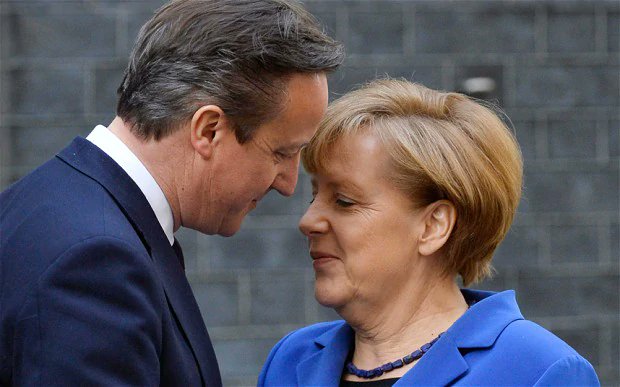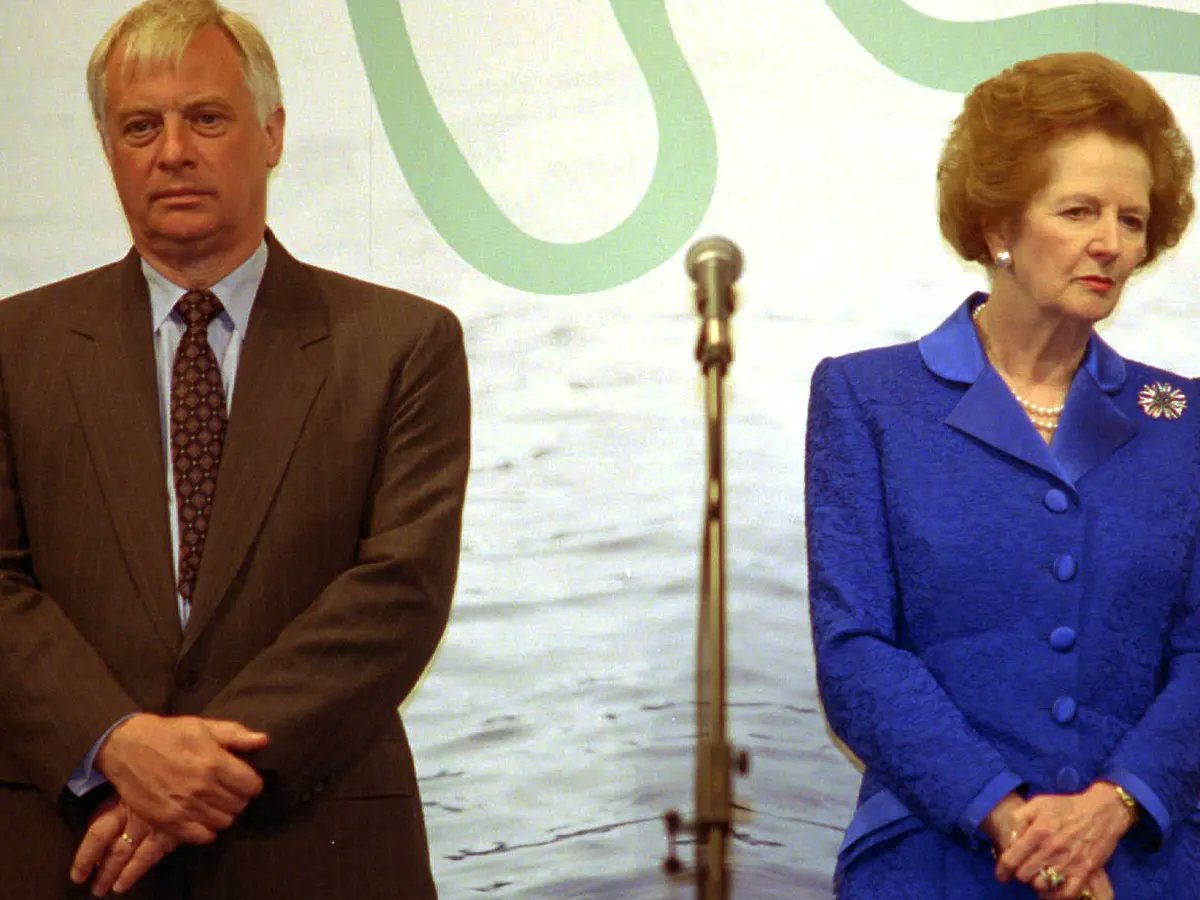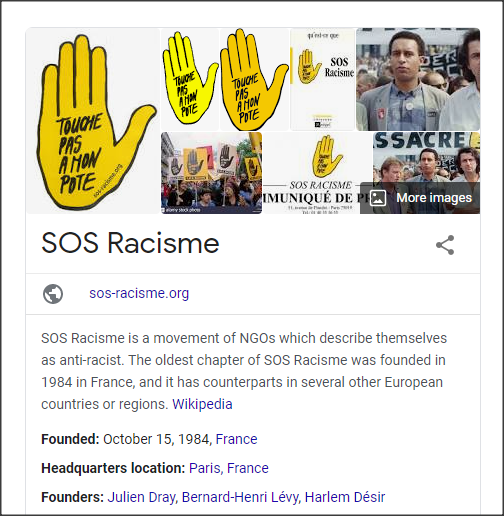» Why Jürgen Habermas Disappeared https://foreignpolicy.com/2021/02/07/why-jurgen-habermas-disappeared/
Culminating in his recent Auch eine Geschichte der Philosophie (Another History of Philosophy, 2019), his turn to religion is best understood as yet another attempt to overcome an insuperable contradiction at the very foundation of his philosophical project.
His decline as a public intellectual is more than the product of changing cultural trends or unfortunate circumstances that have thwarted some of his cherished causes. It represents the potential exhaustion of the sort of politics that his career embodies.
This call for a collective identity that includes potentially everyone was a challenge to the ideas of Carl Schmitt (1888-1985), who influenced the thought of Hitler’s regime and postwar West German conservatism.
Schmitt argued that politics is founded on a “friend-enemy distinction”. He further claimed that modern politics is dominated by concepts derived from Christian tradition — a point, he insisted, that applies even to supposedly rational Kantians like Habermas.
Habermas has often rejected Schmitt’s “clerico-fascist” ideas, with particular fervor in a 2011 article on Schmitt’s concept of the “The Political.”
There he argued that liberal democracies neither have nor require a “religious aura.”
There he argued that liberal democracies neither have nor require a “religious aura.”
Habermas has often called on Europeans to generate a collective will around a shared past, powerful emotions, and values of heroism and sacrifice, which border on the irrational and quasi-religious forces Schmitt saw as essential to politics.
During the late 1980s, West German conservative politicians and historians argued that their fellow citizens nursed a morbid sense of shared guilt over the crimes of the Nazi regime.
Thinkers like Ernst Nolte insisted that Germans must develop a more positive national identity.
Thinkers like Ernst Nolte insisted that Germans must develop a more positive national identity.
In an interview given in 1993, Habermas complained that post-reunification German politics was based on “vague appeals to national feeling” instead of constitutional values.
Since the days of the Historikerstreit (historians’ dispute), he has argued that Europeans should see themselves as united by the legacy of the French Revolution and should formalize their identity by creating a new constitution for a supernational European state.
Although he has shied away from the French Revolution’s violence, Habermas has often described 1789 as the genesis of modern Europe and argued that a sense of connection to such historical events is vital to the “constitutional patriotism” he favors.
As Habermas noted, European countries today are receiving more and more non-European immigrants with different worldviews, creating “divided societies” without a “strong value consensus.”
As Habermas’ own emotionally laden rhetoric of inheritances, legacies, and heirs suggests, the abstract civic ideals written into a constitution have meaning for citizens only to the extent that the latter already feel themselves to be part of that very community .
In 1992, after incidents of violence against Turkish immigrants in Germany were answered with mass protests, Habermas wrote to Die Zeit in support of demonstrators’ post-nationalist “indignation” on behalf of newcomers.
In a 1963 article in Merkur magazine, Habermas denounced the West German state’s campaign of repression against homosexual Germans, which he saw as fueled by homophobic “moral indignation.”
During the Iraq War, Habermas castigated the George W. Bush administration for its violations of international law.
He saved his most strident criticisms, however, for European leaders, who were unable to develop a united foreign policy as a counterweight to U.S. power.
He saved his most strident criticisms, however, for European leaders, who were unable to develop a united foreign policy as a counterweight to U.S. power.
Habermas was to some extent concerned by the split between the historic member states of the European Union and the new members from Eastern Europe, which generally fell into line behind the United States.
He was also, however, embarrassed and compromised by his own previous support for NATO’s 1999 bombing campaign in Serbia, which had begun without authorization from the United Nations.
In moments of frustration with the halting progress toward European integration, he seems to recognize this inadequacy, and he calls upon supplementary virtues of “heroism” and “sacrifice.”
However, there is no place for these values in Habermas’ theory.
However, there is no place for these values in Habermas’ theory.
As Habermas reaches unconvincingly for Christianity as another stopgap in his search for a new form of post-national collective identity for Europe, Schmitt’s influence continues to grow.
More troublingly, Schmitt has become a major point of reference for leaders of the rising global power.
China’s use of Schmittian theory to justify its recent crackdown in Hong Kong has been widely noted, but if Schmitt has taken off in China, this is in part Habermas’ fault.
China’s use of Schmittian theory to justify its recent crackdown in Hong Kong has been widely noted, but if Schmitt has taken off in China, this is in part Habermas’ fault.
Widely read in the 1990s and early 2000s by reform-minded Chinese intellectuals, Habermas sparked outrage when he seemed to violate his own cosmopolitan liberal theory by endorsing NATO’s bombing of Serbia, which infamously destroyed China’s embassy in Belgrade.
For Habermas, what Schmitt and Heidegger had in common was their Catholic background, leading to their welcoming of Hitler as the leader of a new Germany.
https://books.google.com/books?id=9Orglj924FAC
https://books.google.com/books?id=9Orglj924FAC
Schmitt argued that there is a decisive need for a strong central government in order to further the interests of the nation; that a republic which is based upon liberal democracy would never be able to express the unified will of the people.
https://digitalcommons.buffalostate.edu/cgi/viewcontent.cgi?article=1019&context=history_theses
https://digitalcommons.buffalostate.edu/cgi/viewcontent.cgi?article=1019&context=history_theses
A common criticism made in regard to the entire spectrum of Schmitt’s career is that he was not a true political theorist; that he simply adapted his theories in order to appease those who were in power at any given time.
Although Carl Schmitt is commonly portrayed as a Nazi apologist who adapted his political theories as a reaction to events which were taking place in front of his eyes, there is much more to his writings.
Many of the historical instances which Schmitt discusses involve revolutions. The primary reason that Schmitt discusses these revolutions is because emergency powers were called upon. Most integral for him was the French Revolution.
Schmitt also stakes out a position concerning the possibility of universalism; he argues that true universalism is not actually attainable.
For Schmitt, the League of Nations would not be able to make collective political ideals due to the fact that, inside of the League of Nations, every state would still be recognized individually.
Democracy is a very fragile institution for Schmitt. He believes that, in order for this institution to complete its duty in a way that satisfies its defining characteristics, it is necessary for the people to be in control of the government.
Jürgen Habermas is a leftist philosopher and advocate of “democratically enlightened common sense.”
His antagonist, Cardinal Ratzinger, came to prominence as an enforcer of doctrinal orthodoxy throughout the Catholic church. He became Pope Benedict XVI.
https://www.prospectmagazine.co.uk/magazine/jurgen-habermas-pope-benedict-xvi-ratzinger
His antagonist, Cardinal Ratzinger, came to prominence as an enforcer of doctrinal orthodoxy throughout the Catholic church. He became Pope Benedict XVI.
https://www.prospectmagazine.co.uk/magazine/jurgen-habermas-pope-benedict-xvi-ratzinger
Habermas treats religious communities with great respect, claiming that they have “preserved intact something which has elsewhere been lost.”
Ratzinger meanwhile grants a central role to the “divine light of reason” in controlling the “pathologies of religion.”
Ratzinger meanwhile grants a central role to the “divine light of reason” in controlling the “pathologies of religion.”
In Germany, the long tradition of Kulturprotestantismus — a diffuse, non-denominational religiosity — guarantees the churches widespread respect, if not attendance.
The German philosophers, although rarely conventionally pious, always took religion seriously.
The German philosophers, although rarely conventionally pious, always took religion seriously.
The democratic process generates its own grounds of allegiance; it does not feed off a pre-political ethnic or religious solidarity.
This is what Habermas has famously termed “constitutional patriotism.”
This is what Habermas has famously termed “constitutional patriotism.”
For the German people, cut off from their own pre-war cultural traditions, the concept of constitutional patriotism is a godsend.
It suggests the possibility of a civic pride purged of history.
It suggests the possibility of a civic pride purged of history.
Ratzinger is less friendly to democracy than Habermas. Popular support does not constitute legitimacy, he notes, for majorities can be blind or wicked.
What we need is a standard of justice that transcends the “play of majorities.”
What we need is a standard of justice that transcends the “play of majorities.”
The importance of Christianity for modern Germany is immediately apparent, especially if one compares German constitutional resolutions to those in France, where the laïcité of the republic has been an article of faith at least since 1905.
https://scholar.harvard.edu/files/pgordon/files/80.1.gordon.pdf
https://scholar.harvard.edu/files/pgordon/files/80.1.gordon.pdf
The fusion between a presumptively Protestant Christianity and German national identity served as an ideological justification for the militancy of the Kulturkampf and in 1914 enflamed political-theological passions for war.
In postwar Germany, conservative and Christian politicians were united in declaring that the evils of the Third Reich had arisen in part because the nation had abandoned its spiritual heritage.
Fifteen-years-old at the time of the Nazi collapse, Habermas had narrowly escaped military conscription and listened, horrified, to radio broadcasts of the Nuremberg trials. http://bostonreview.net/philosophy-religion/brandon-bloch-unfinished-project-enlightenment
For Christian conservatives in postwar Germany, the memory of Nazi de-Christianization efforts helped to fortify their politically advantageous understanding of the Third Reich as a pagan regime ... destruction of Christian norms.
Implicit in this assumption was the correlative belief that, absent the moral nourishment or value-orientations provided by Christianity, liberal democracy would suffer a normative deficit and might not long survive.
The affirmation of religion and the correlative anxiety about mere proceduralism is a hallmark of the Christian Democratic consensus that has played an important role in shaping West Germany’s self-understanding as a democratic polity.
For some of Habermas’ secular-minded interlocutors, these apparent concessions to religion betrayed the rational promise of critical social theory.
Since the 1980s, Habermas has engaged in philosophical exchanges with prominent Christian theologians, most notably his Catholic contemporary Johann Baptist Metz.
Karl Jaspers developed the concept of the Axial Age, Habermas notes, “to overcome the Eurocentric narrowing of view to the Western path of cultural development.” But Habermas’s own study takes a sharp turn toward the West.
It is the particular history of Western Christianity, he argues, that leads from the nascent universalism of the Axial Age to modern post-metaphysical reason and constitutional democracy.
The unique circumstances of early Christianity’s confrontation with Greek philosophy and Roman state power catalyzed a process of mutual learning.
The cross-pollination found an early apex in Augustine’s fourth-century synthesis of Christianity and Platonism.
The cross-pollination found an early apex in Augustine’s fourth-century synthesis of Christianity and Platonism.
Thomas Aquinas, the central thinker of the period, departed from Augustine’s Christian-Platonist synthesis to establish theology and philosophy as separate disciplines.
Reason and faith now offered firmly independent paths toward salvation.
Reason and faith now offered firmly independent paths toward salvation.
Martin Luther’s attack on ecclesiastical authority, Habermas argues, not only exacerbated the cleft of church and state, but located faith in the inter-subjective exchange between the human being and God.
The secularization of state power, epitomized in the English constitutional revolution, eroded the Christian foundations of political order; the determinism of Newtonian laws threatened to undermine human free will, the kernel of Christian morality.
Hume disaggregated human subjectivity into a succession of sense-impressions, dissolving Christian metaphysics.
But Kant emerges as the hero of Habermas’ narrative, the figure who reconstructed the rational core of Christianity.
But Kant emerges as the hero of Habermas’ narrative, the figure who reconstructed the rational core of Christianity.
Habermas dismisses Karl Marx’s critique of ideology, which situated the theorist “over the heads of the participants themselves.”
Instead, Habermas regards Charles Sanders Peirce, the founder of American pragmatism, as the true successor to the Young Hegelians.
Instead, Habermas regards Charles Sanders Peirce, the founder of American pragmatism, as the true successor to the Young Hegelians.
Habermas was one of the Frankfurt School’s few non-Jews.
As such, he couldn’t philosophize with the guilt of a Holocaust survivor as Adorno self-consciously did. https://www.theguardian.com/books/2017/feb/15/habermas-biography-stefan-muller-doohm-review
As such, he couldn’t philosophize with the guilt of a Holocaust survivor as Adorno self-consciously did. https://www.theguardian.com/books/2017/feb/15/habermas-biography-stefan-muller-doohm-review
Habermas is hardly a complacent defender of the status quo.
In an interview with Die Zeit, he argued that German hegemony was threatening the EU’s future.
In an interview with Die Zeit, he argued that German hegemony was threatening the EU’s future.
Racial paganism has its origins in Nazi Germany. Himmler was a well-known occultist who led several campaigns to re-paganize the country. https://www.ozy.com/around-the-world/inside-the-european-far-rights-weird-obsession-with-paganism/79101/
Formerly a frustrated Bavarian chicken farmer, Himmler was among the most powerful members of the Nazi elite. https://www.historynet.com/ss-cathedral.htm
Long before Trump shot to prominence, Merkel drew on the wells of Christian Democracy not just to celebrate freedom and dignity, but also to deride immigrants and religious minorities. http://bostonreview.net/philosophy-religion/udi-greenberg-christian-democracy
In 2010, Merkel famously declared multiculturalism a “failure” that needed to be replaced with a more homogenous culture, while in 2016 she followed her statement to Trump by calling for a legal ban on Muslim veils, to the cheers of right-wing hardlines.
If few today think of Christian Democracy as a robust political philosophy — rather than just the name of Germany’s leading party — it’s in part because its heyday in the two decades following World War II has not been the source of public fascination.
Led by Christian politicians and thinkers, it spawned multiple parties (such as the CDU in Germany, the Christian Democratic Party in Italy, and the Popular Republican Movement in France), triumphed in elections, and presided over Europe’s political and economic rebuilding.
After supporting a plethora of authoritarian and fascist movements for decades, Europe’s middle classes converged around these new party platforms, which celebrated the rule of law and accepted parliamentary structures.
Nowhere was this achievement more pronounced than in this movement’s ability to offer political homes to self-identified Christians, who before the 1940s often found little good to say on political pluralism but now embraced a more peaceful kind of politics.
Drawing on the writing of Thomas Aquinas, Christian Democrats believed in a “natural” social order that was ordained by divine law.
It was made of layered traditional associations, such as families, the professions, and the parish, which complemented each other.
It was made of layered traditional associations, such as families, the professions, and the parish, which complemented each other.
Christian Democrats maintained that the purpose of modern politics was to secure this social order.
States had to protect traditional communities and to secure their citizens’ autonomy from collectivist demands (especially by defending the rule of law).
States had to protect traditional communities and to secure their citizens’ autonomy from collectivist demands (especially by defending the rule of law).
While Christian Democrats defended legal parity to all, they also believed that a Christian order required economic and social hierarchies.
Christian Democrats were also animated by virulent hatred of atheism.
Christian Democrats were also animated by virulent hatred of atheism.
Christian Democrats saw communism, with its open embrace of atheism, as the era’s most urgent threat to the “human person.”
Brimming with anti-clericalism and hell-bent on demolishing traditional inequalities, the Soviet Union and its allies epitomized everything that Konrad Adenauer and others detested.
The European Union should be understood as the ultimate Christian Democratic animal.
Since its foundation in Maastricht in 1992, EU documents routinely explain that its purpose is not to replace national sovereignty, but to forge a system of layered and decentralized authority.
Echoing Christian Democratic rhetoric, they instead promise to defend “organic” communities against overbearing states and invoke the “human person’s” quest to find its “natural” role.
What is more, the EU’s leaders also follow their Christian Democratic forebears to promote a free-market model while balancing it with some moderate transfer of wealth (between rich and less fortunate member states).
Rather than being a tool of unrestrained neoliberalism or welfare distribution (as its opponents on left and right deride it for being), the EU is best understood as a moderate, if decisively center-right, organization.
Even though the EU's leading figures are no longer concerned with “materialist” communism, they still instinctively elevate Christianity to a privileged position in public life.
The cooperation between populists and Christian conservatives is not a fragile marriage of convenience, but a product of a more substantial ideological overlap.
Under Adenauer, the CDU depicted communism and the Soviet Union as an invasion of Asian rapists and his government in 1956 outlawed the German communist party.
Christian Democrat leaders also rarely took a firm stance on anti-Semitism.
Scrambling for voters who previously aligned with the Nazis, Christian Democrats mostly avoided the topic altogether.
Scrambling for voters who previously aligned with the Nazis, Christian Democrats mostly avoided the topic altogether.
Christian Democratic leaders from Adenauer onward rarely resorted to Trump-style disparaging of the free press, and did not seek to replace mainstream media with purely partisan news organ.
They also did not engage in Orbán-like trafficking in anti-Semitic conspiracy theories.
They also did not engage in Orbán-like trafficking in anti-Semitic conspiracy theories.
When a wave of refugees hit Europe in 2015, Angela Merkel ignored her party’s hardliners and sided with Germany’s leading industrialists, who called for expanded migration to replenish Germany’s aging workforce.
"Whereas Ursula von der Leyen speaks like a technocrat, Johnson speaks like a bloke telling jokes in a pub." https://www.economist.com/europe/2020/12/19/sprechen-sie-tory
The EU's founding fathers— Alcide De Gasperi of Italy, Konrad Adenauer of Germany and Robert Schuman of France — were Christian Democrats, as were all six foreign ministers who signed its original treaties.
Although no longer hegemonic, Christian Democratic parties still shape the EU.
They bestride the European People’s Party (EPP), the group of center-right parties, which carves up EU jobs, such as Ursula von der Leyen’s.
They bestride the European People’s Party (EPP), the group of center-right parties, which carves up EU jobs, such as Ursula von der Leyen’s.
When running for the leadership of the Conservatives, David Cameron pledged to leave the EPP.
For Cameron, it was a simple decision. In general, the Christian Democrats wanted more European integration, whereas Cameron and his Conservative party did not.
For Cameron, it was a simple decision. In general, the Christian Democrats wanted more European integration, whereas Cameron and his Conservative party did not.
Thatcher once declared that there is “no such thing as society”, only individuals and families.
Jacques Maritain, one of the few examples of a Christian Democratic political philosopher, put rampant individualism in the same breath as totalitarianism.
Jacques Maritain, one of the few examples of a Christian Democratic political philosopher, put rampant individualism in the same breath as totalitarianism.
The slow, grinding consensus-building at the heart of Christian Democracy and consequently the EU itself is anathema to Conservatives, for whom the term sounds too much like capitulation.
Compared with the winner-takes-all system of British politics, the workings of the EU seem slow and unresponsive to Conservative eyes and just the ticket to Christian Democrat ones.
“Merkel is not a Thatcher,” wrote David Cameron in his autobiography, not altogether approvingly.
“Her favorite expression is ‘step by step’.”
“Her favorite expression is ‘step by step’.”
By contrast, the Conservative Party has a distinctly unconservative lust for creative destruction.
Brexit, a project that radically overhauls the British state, is simply the latest example.
Brexit, a project that radically overhauls the British state, is simply the latest example.
Ultimately, Brexit is a project that puts the nation-state back at the center of politics.
By contrast, Christian Democracy is built on deep suspicion of it.
By contrast, Christian Democracy is built on deep suspicion of it.
Christian Democracy is a European movement strongly influenced by Christian social teaching. Indeed, specifically by Roman Catholic teaching.
As it happens, of the leading Douglas Hurd supporters in 1990, both the Pattens (Chris and John) are Catholics.
https://www.independent.co.uk/voices/christian-tories-who-missed-their-moment-1456913.html
As it happens, of the leading Douglas Hurd supporters in 1990, both the Pattens (Chris and John) are Catholics.
https://www.independent.co.uk/voices/christian-tories-who-missed-their-moment-1456913.html
A mixture of centrist economics, moderate social conservatism and idealistic internationalism, Christian democracy has helped to shape the center-right in countries across the world – but especially those with large Catholic populations.
In Britain, the Conservative Party, though a broad church, does not encompass every conceivable stripe of center-right opinion.
For instance, the party has never had anything that could be described as a Christian democratic wing.
For instance, the party has never had anything that could be described as a Christian democratic wing.
In October 1945, George Orwell published his influential essay ‘Notes on Nationalism’ in the journal Polemic, in which he identified a brand of nationalism called ‘neo-Toryism’. https://academic.oup.com/histres/article/93/261/551/5870577
The intellectual development of the ‘neo-Tories’ who were associated with editing both the English Review and the New English Review straddled the 1930s and the 1940s.
It was catalyzed by the war and the party’s defeat in 1945.
It was catalyzed by the war and the party’s defeat in 1945.
Orwell rightly recognized a subtle shift in their writing away from some of their long-held continental sympathies towards the promotion of British values and the war effort.
The political institutions of continental Europe, such as the welfare state – centered on an idealized image of the traditional family – are essentially Christian Democratic creations, as is European integration. https://www.theguardian.com/commentisfree/belief/2010/jun/10/has-christian-democracy-reached-a-dead-end-in-europe
In Italy and Germany in particular, economic liberals and defenders of religion essentially made a deal in the 1950s: we accept your morality, if you accept the market.
Electorally, that compromise worked for a long time.
Electorally, that compromise worked for a long time.
European integration has long ceased to be animated by passions and ideals which could be viewed as distinctly Catholic.
The classic electoral coalition between peasantry and middle class has long disintegrated.
The classic electoral coalition between peasantry and middle class has long disintegrated.
The emergence of cultural and religious confrontation in the European public sphere since the end of the Cold War has drastically changed the dynamic between Muslims and left parties. https://www.dissentmagazine.org/article/islam-and-social-democrats
Many of the most controversial demands made by Islamic organizations — for example, demands for religious censorship and for women’s right to cover their hair — came into direct conflict with the left’s progressive values of gender equality and the freedom to criticize religion.
The response of center-left parties has been to downplay the religious attributes of minorities in national politics.
Most of the left in Europe, unlike in the United States, views affirmative action as tokenism and a distraction from real, structural solutions.
Most of the left in Europe, unlike in the United States, views affirmative action as tokenism and a distraction from real, structural solutions.
It took decades before any French Socialist members of parliament or party leadership emerged from SOS Racisme, while the right-wing French presidents Jacques Chirac and Nicolas Sarkozy nominated five cabinet ministers with a Muslim background within weeks of taking office.
An SPD position paper from 2011 states flatly that the “main causes for real integration deficits are not cultural, religious, or ethnic differences between majority society and migrants but rather the absence of equal opportunity.”
The right is thus able to dominate the symbolic politics of recognition with Muslim groups, even while it has spearheaded vocal criticism of Islam’s perceived excesses and taken the lead in laying down the law of the land.
During a brief window from 2002–2006, center-right parties became interested in helping fit Islam into state-church relations, establishing the Conseil Français du Culte Musulman and the Deutsche Islam Konferenz, among others.
Some on the left accused governments of trying to create a Muslim lobby and stoking communitarianism, playing into the conservative narrative of religious membership at the expense of shared citizenship.
The counter-productive result is that center-left parties are unwittingly conspiring to deny institutional equality to Islam.
This is a missed opportunity to address basic religious compatibility issues and to extract compromise positions.
This is a missed opportunity to address basic religious compatibility issues and to extract compromise positions.
When parties of the left have been more supportive of Muslims’ religious rights, they have done so in a way that attracts accusations of being the useful idiots of reactionary Islamists.
Center-right parties are feeling the extreme right breathing down their necks, however, and any good will they have built up is quickly dissipating.
In matters of foreign policy, center-left and center-right positions toward the Muslim world are both fairly similar.
On Israel, meanwhile, it is often presumed that the left will be friendlier to the Palestinian cause, but again center-right parties show little difference in substance.
There is a good reason for the schizophrenia: Islamism’s dual position as a language of the oppressed against authoritarianism and as the language of the repressive politico-cultural forces against which the left has defined itself for much of the last century.

 Read on Twitter
Read on Twitter